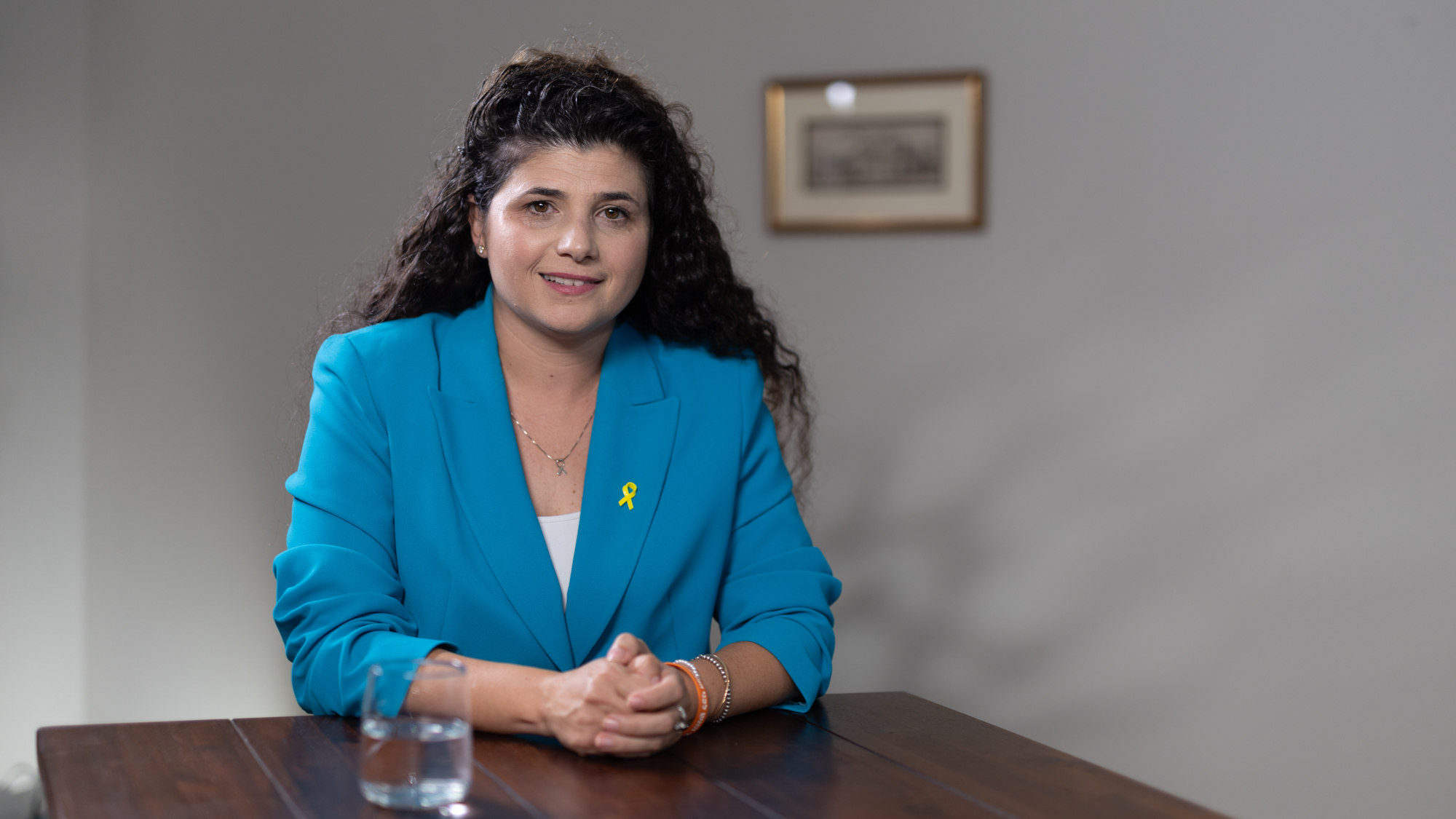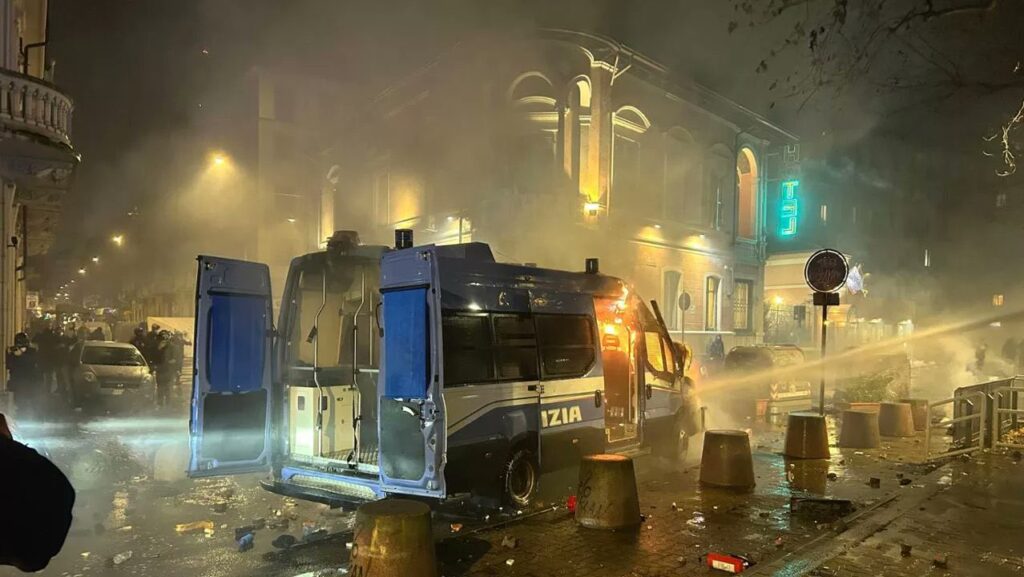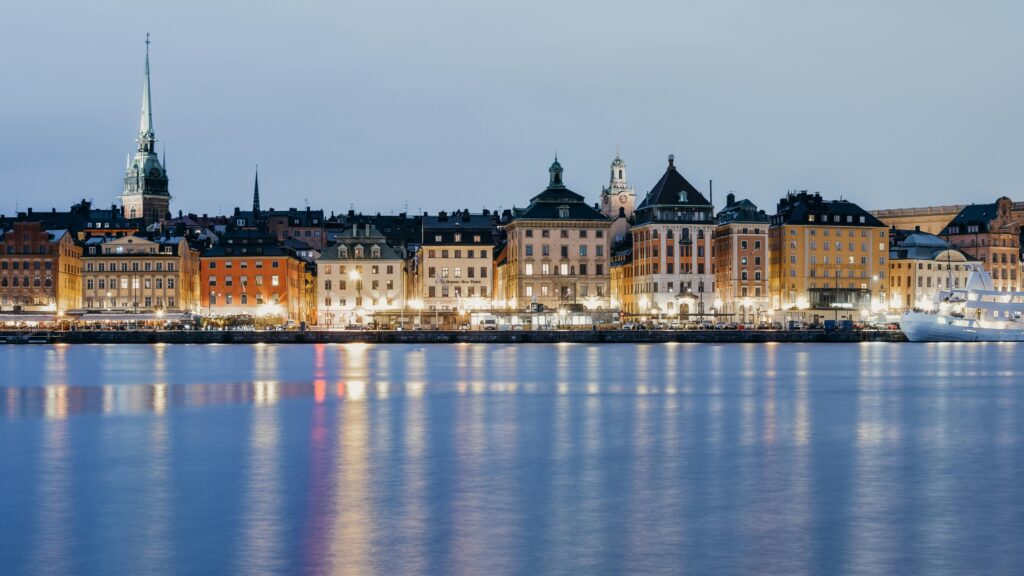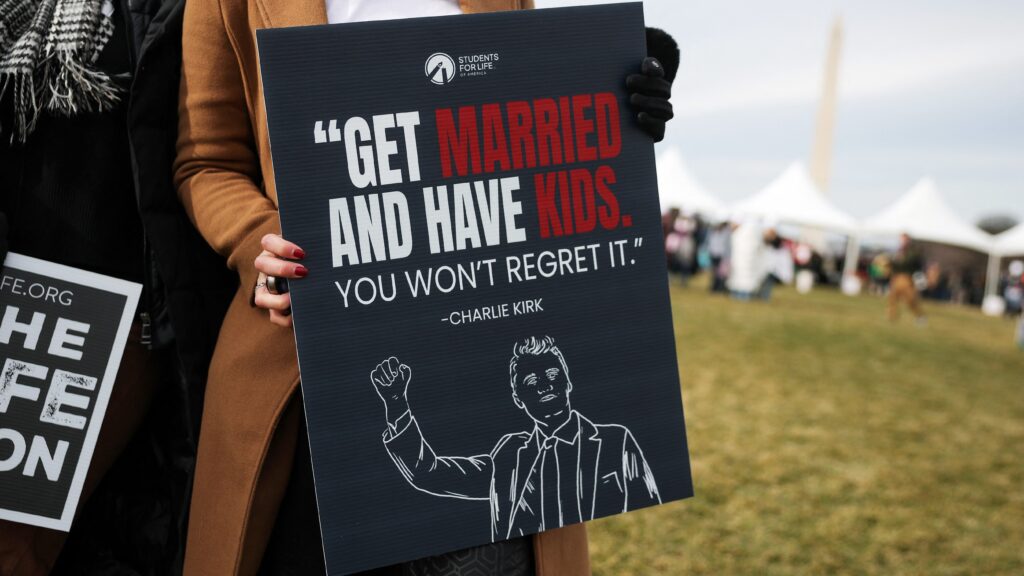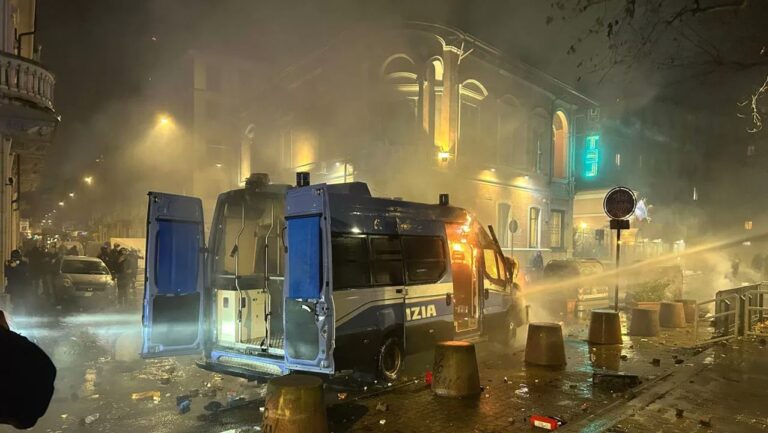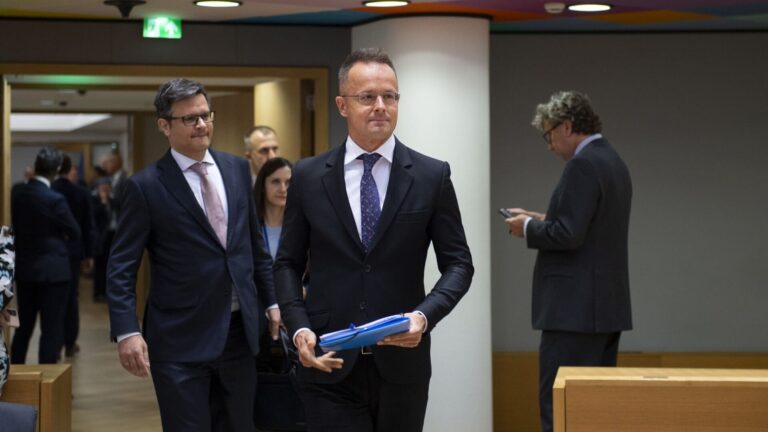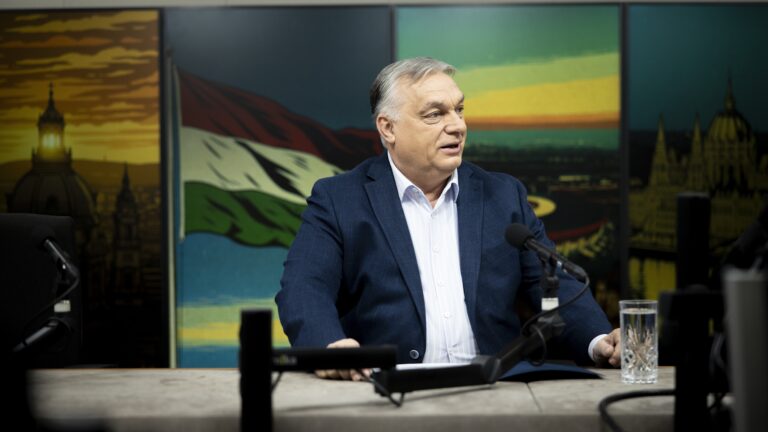Sharren Haskel is an Israeli politician who has been serving as the Deputy Minister of Foreign Affairs since 2024. She has been a member of the Knesset since 2015 for Likud, then for New Hope, and later for the National Unity Party. When she was first elected, she was the youngest member of Likud and the second youngest member of the Knesset. Haskel completed her bachelor’s degree in political science and international relations at the Open University of Israel.
***
You were the youngest member of Likud and the second youngest member of the Knesset ever. Why did you get into politics at such a young age?
It was out of a feeling that if we, the younger generation, don’t step up to represent ourselves, no one’s going to do that instead of us. The understanding of a complex situation, how it affects us, the youth, has pushed me to try and fight inside politics as well. It’s as simple as that.
You are a rising star as a woman in Israeli politics, but interestingly, your political views are more liberal than those of your centre-right parties, Likud or New Hope. How come?
I am what is called a classic liberal. Israeli politics are being dictated by half what you call a European ideology of left and right, economically conservative, but the other half is very Middle Eastern and tribal in a sense of religious beliefs and the intensity of the religion. I’m a unique voice of a classical conservative liberal who truly believes in economic liberties, in capitalism, and who believes in individual liberties.
You support LGBT rights, the medical use of cannabis or other issues, as far as I understand.
Yes, that’s true.
It’s interesting because, in European terms, Conservative politicians oppose these issues.
I understand, but for me, it’s an issue of letting each person live the way they choose to. For me, it’s not up to the government to make the choices for them and to leave it as much as possible for them. But I’m also a Conservative in a way of, for example, controlling some of the educational content in school to love your country, to understand your history, your culture, and your religion, which is also very important for the survival of a culture and of a country, especially as much as it’s been demonstrated in recent decades here in Europe as well.
‘When we are not pushed to corners, they don’t like that kind of Jew’
On 7 October 2023, Israel was seen as the victim of a terror attack, but since then, its reputation has evaporated, and now it is viewed as an aggressor state that commits crimes against humanity. The international community has turned against Israel. What happened?
I think that, in many cases, those leaders like dead Jews—when the Jews are victims, when we’re dead, it’s easy to send condolences. But when we’re strong, when we’re capable of defending ourselves, when we’re not being pushed into corners—they don’t like that kind of Jew. But, as one of the greatest leaders in Israel once said, we are not the trembling-knees type of Jews. We’re not afraid to defend our people, our nation, and our homeland—and we will do so. The international community, for generations, has given us assurances—as if they would be the ones to protect Israel in times of need; whether it’s about ceasefires, peace agreements, or anything like that.
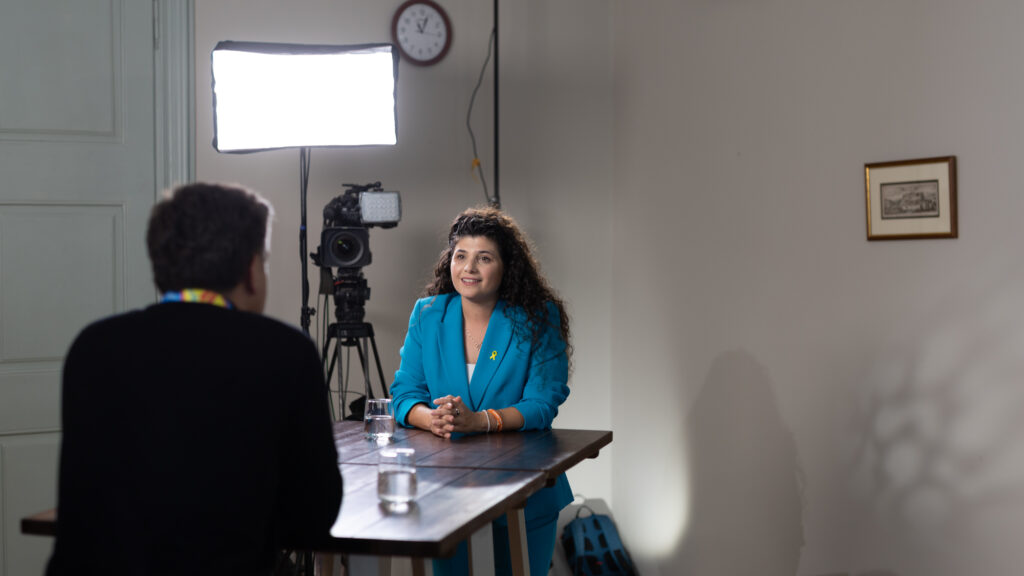
But international organizations claim that while Israel has a right to defend itself, its actions are not proportional, considering their effects on the Gaza civilian population.
So, there’s a double standard when it comes to Israel. No other army in the world—not the British, not the French, not the Canadians—has reached the standard Israel has in trying to avoid civilian casualties. If any of these countries were brought before a court of justice today regarding their efforts to protect civilians, they would never reach the level that Israel has. That’s a given fact.
International organizations, Western experts claim that they have solid proof that the IDF violated the norms of war and committed crimes against the local civilian population.
Unfortunately, most of this information relies on the mouthpiece of Hamas. And when they are taking their information, their data from a terrorist organization, I’m not surprised that will be the result. If they had the integrity to actually go investigate that in depth, they would find a different result.
‘No other army in the world…reached the standard of trying to avoid the civilian casualties in the way that Israel actually did’
So, they don’t check their information?
The fact is that Israel has always sent warnings to evacuate populations before we start operating in a military way in certain neighbourhoods. They were given quite a few weeks’ notice. Then those who didn’t evacuate in specific cases, we sent warnings to specific buildings or areas that we’ve targeted, and we’ve notified them, not just through loudspeakers, but through phones, text messages, phone calls, and leaflets that were dropped from the air in order for them to evacuate from these areas. And the last one is before we eliminate a building, we give what I call a ‘knock’ to give them a warning, which is a very loud sound of an explosion, so they know to take a few steps back and to go into a shelter or to somewhere safe. No other army takes those measures to try to protect civilians. It means that in many cases, we have cancelled operations, even though we knew where some of the heads of those terrorists were, but they used civilians or hostages as human shields. So, the cost of civilians was quite high, and we’ve actually avoided that.
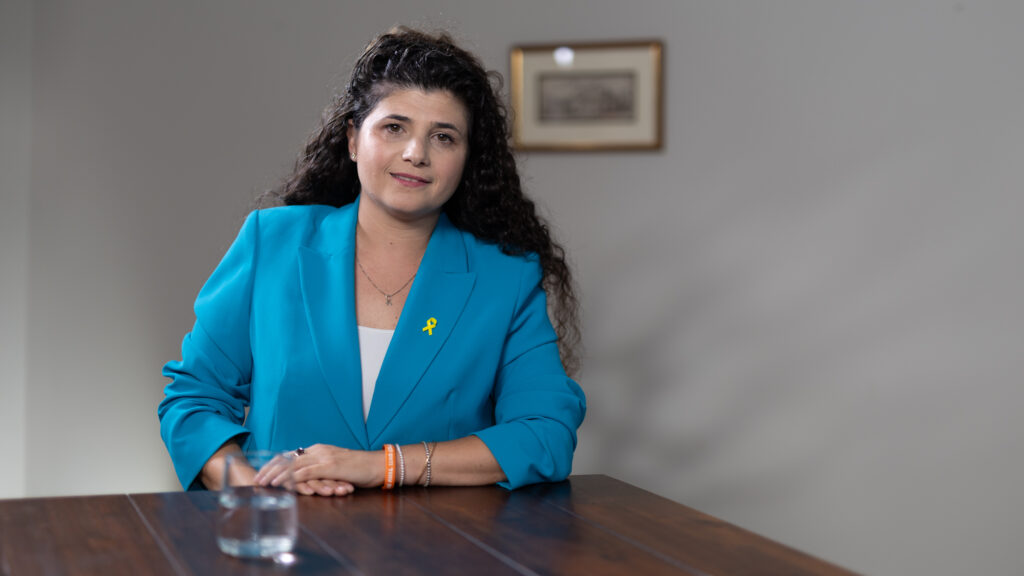
About the food supplies: even the US president Donald Trump agreed with the facts, which he saw in classified papers, that there was a real humanitarian crisis, a real starvation in the Gaza Strip.
I do not dispute the fact that there is a humanitarian crisis in Gaza. How do you define it? I won’t rely on numbers that the terrorist organization is saying, but the fact is that there’s a humanitarian crisis. How do you resolve it? And who’s responsible for that? That’s a great question that reporters need to ask themselves. The sole entity that is in charge of the humanitarian crisis is Hamas.
You claim that you don’t use blockading the food supplies as a weapon of war?
Of course not. These are ridiculous and absurd accusations that are being made by propagandists who are actually relying on sources from a terrorist organization. The fact is that even before the first soldier stepped into Gaza, Israel gave an ultimatum: if you return all the hostages and Hamas disarms, there won’t be a war. Hamas refused. There were, I think, about 17 options for a ceasefire, and Israel said yes to every American proposition that was on the table. Hamas has said no. We could have been in a ceasefire now. We could have been in a ceasefire two weeks ago. But unfortunately, Hamas refused to accept the ceasefire.
‘I do not dispute the fact that there is a humanitarian crisis in Gaza…But who’s responsible for that? That’s a great question’
And what about the evident humanitarian crisis in Gaza?
If you look at a different standard also, it’s very clear that the international community, in particular the United Nations, turned the issue of humanitarian aid into a political decision instead of a humanitarian decision. Because the UN refused to bring in any other organizations, proper organizations that have the capability, the logistics, the experience, and the knowledge to distribute humanitarian aid during a crisis. Instead, they entrusted the operation to an organization that was effectively taken over by Hamas. Since the beginning of the war, this group has failed to manage the distribution of aid to Palestinians. Yet the UN continues to insist that this organization—rotten to the core, exploited by Hamas, and used to control the population—should remain in charge. Naturally, this approach has failed. The responsibility lies with the United Nations for not deploying the appropriate agencies to carry out this essential work.
What about the British and the French positions? They just said that they are ready to recognize Palestine as an independent state.
The fact is that it’s not going to make any difference. But if they choose to go in a unilateral position, in a very pro-Palestinian position, what Hamas can view as a victory, those declarations and positions have actually pushed a ceasefire away, because it hardens Hamas’s position. Every declaration from those European leaders has pushed the opportunity for a ceasefire so far away that they’ve actually inflicted the continuation of the war right now in Gaza. We saw an indication that Hamas was willing to come and negotiate seriously for the ceasefire. But every week, there was a different declaration from a European ‘puppet’ that Hamas was embraced, and they saw it as a victory. So, it hardened their position and their stubbornness, and they refused to come to a ceasefire. And the fact is that if they choose a pro-Palestinian or a pro-Hamas approach, it just pushes Israeli leadership and the Israeli people to take one-sided steps as well. I think the key point is this: when the Palestinians and the international community effectively support cancelling the Oslo Accords—treating them not as a mutual agreement but as a one-sided initiative—it gives the Israeli public a valid reason to call for their cancellation as well.
‘If they choose a pro-Palestinian or a pro-Hamas approach, it just pushes Israeli leadership…to take one-sided steps as well’
Israel needs allies in this hostile international environment. Hungary is one of them. What is the importance of the friendship between Hungary and Israel?
There’s a very close collaboration between the Israeli and the Hungarian governments. First of all, in particular, keeping the Jewish communities so safe and sheltered from antisemitism when we see all around Europe an explosion of it and violence, literally, violence and hatred towards the Jews. Hungary is the safest place for Jews right now. You know, Hungary has been hosting the Israeli sports teams here. There’s been a very close collaboration, whether it’s on academic or sports issues, and we’re very grateful for that. I think that having deeper insight and a better understanding of what’s happening in the Middle East—recognizing that this is fundamentally a religious and cultural conflict rather than a territorial one—and choosing not to import many of the region’s problems into your own country have helped protect you from many of the challenges European countries are now facing.
Read more:

